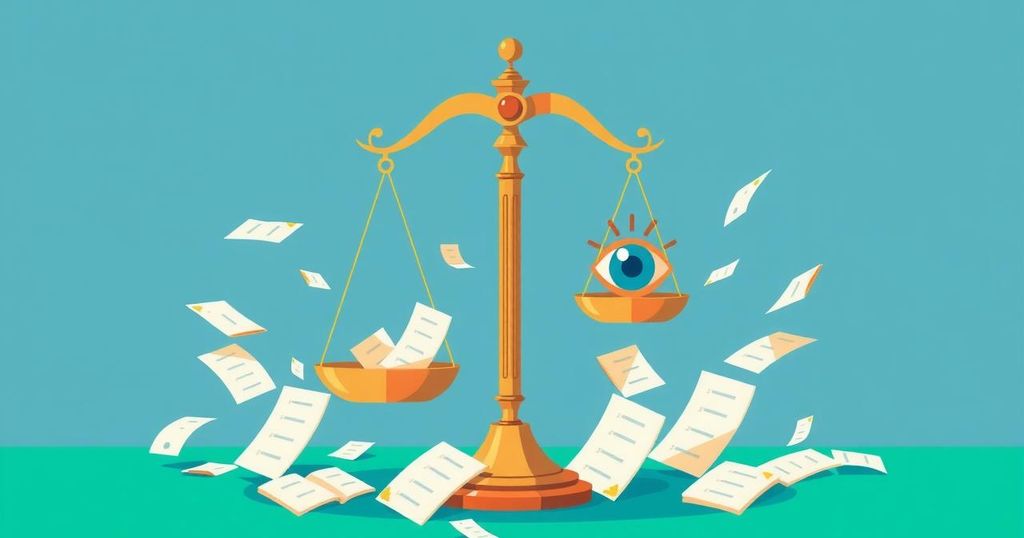Iraq Proposes New Electoral Law Amendments to Enhance Election Integrity

Iraq has proposed a new electoral law amendment intended to improve transparency, fairness, and competitiveness in upcoming elections. Key changes include restructuring electoral districts, capping candidate nominations, allocating seats for independent candidates, and revising the Sainte-Laguë formula. The law also mandates resignations for MPs and bans certain campaign practices.
Iraq has introduced a draft amendment to its electoral law aimed at tightening voting regulations, as announced by the parliamentary legal committee on Tuesday. The proposed reforms, spearheaded by committee member MP Raed al-Maliki, focus on enhancing transparency, mitigating political interference, and ensuring fair competition in the upcoming parliamentary elections scheduled for October.
The proposed law will designate each province as a single electoral district, with the exception of major cities such as Baghdad, Basra, and Mosul, which will be subdivided into two distinct districts. Furthermore, the draft seeks to limit the number of candidates on electoral lists to match the number of seats available, thus eliminating the possibility of duplicate nominations.
Significantly, the amendment allocates 30% of each district’s seats to the top-performing independent candidates achieving at least 1.5% of votes, while 70% will be assigned to candidates on party lists. Additionally, the Sainte-Laguë formula, which governs seat allocation, will be adjusted by reducing the divisor from 1.7 to 1.5 to foster greater electoral competitiveness.
Under the new regulations, Members of Parliament (MPs) aspiring to run in local elections will be required to resign, as will governors or provincial council members contesting parliamentary positions. Furthermore, the use of welfare programs, land grants, or public services during election campaigns will be prohibited.
This legislative initiative follows recent discussions between Prime Minister Mohammed Shia al-Sudani and Omar Ahmed Mohammed, the head of the Independent High Electoral Commission (IHEC), regarding preparations for the imminent elections. Meanwhile, IHEC has initiated the voter registry update process, which is expected to last for one month.
However, some lawmakers, including legal committee member Mohammed Aunouz, have indicated that formal steps to amend the election law have yet to be taken, implying that deliberations might be occurring privately. In earlier comments, Aunouz characterized these discussions as mere “political talk.”
In summary, Iraq is actively pursuing reforms to its electoral law with the intention of enhancing the integrity and competitiveness of the upcoming elections. Key features of the proposed law include the restructuring of electoral districts, limitations on candidate nominations, and regulations to curb the misuse of political office. Although steps have been initiated, the process remains under scrutiny, indicating a need for greater transparency in the reform efforts.
Original Source: shafaq.com






